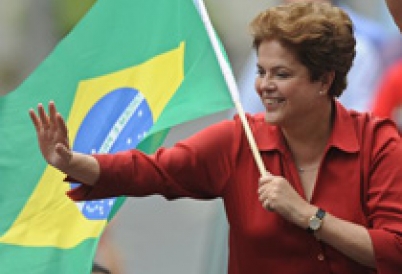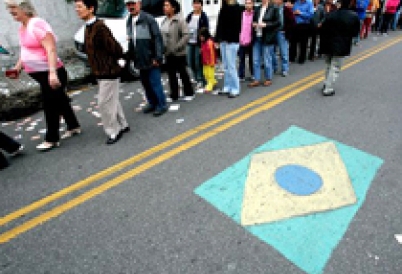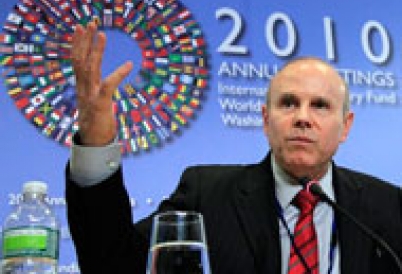Brazil elected its first female president on October 31, when voters chose Dilma Rousseff—and continuity—over ex-Governor of São Paulo José Serra.
Dilma Rousseff and José Serra face off October 31 in a runoff presidential election. AS/COA Online offers an overview of polling data, coverage, and primary sources as the country’s 136 million voters prepare to head to the polls.
A new study finds that education, race and income may affect the future of policies designed to increase access to universities.
Finance ministers fell short of reaching an agreement on currency policy at a weekend IMF-hosted meeting, stoking fears about the “currency war” decried by Brazil’s Guido Mantega.
The campaign ahead of the second round election on October 31 will allow Dilma Rousseff to be better prepared for the realities of politics once she is likely confirmed as president.
Dilma Rousseff, heir apparent of Brazilian President Luiz Inácio Lula da Silva, won Sunday's election but fell a few points short of the majority vote needed to avoid a second round. She faces José Serra in an October 31 runoff and remains the favorite.
Part travelogue, part policy analysis, the book offers Rohter’s account of the turnaround Brazil has undergone since emerging from military dictatorship in 1985. Access a summary of the AS/COA book launch.













